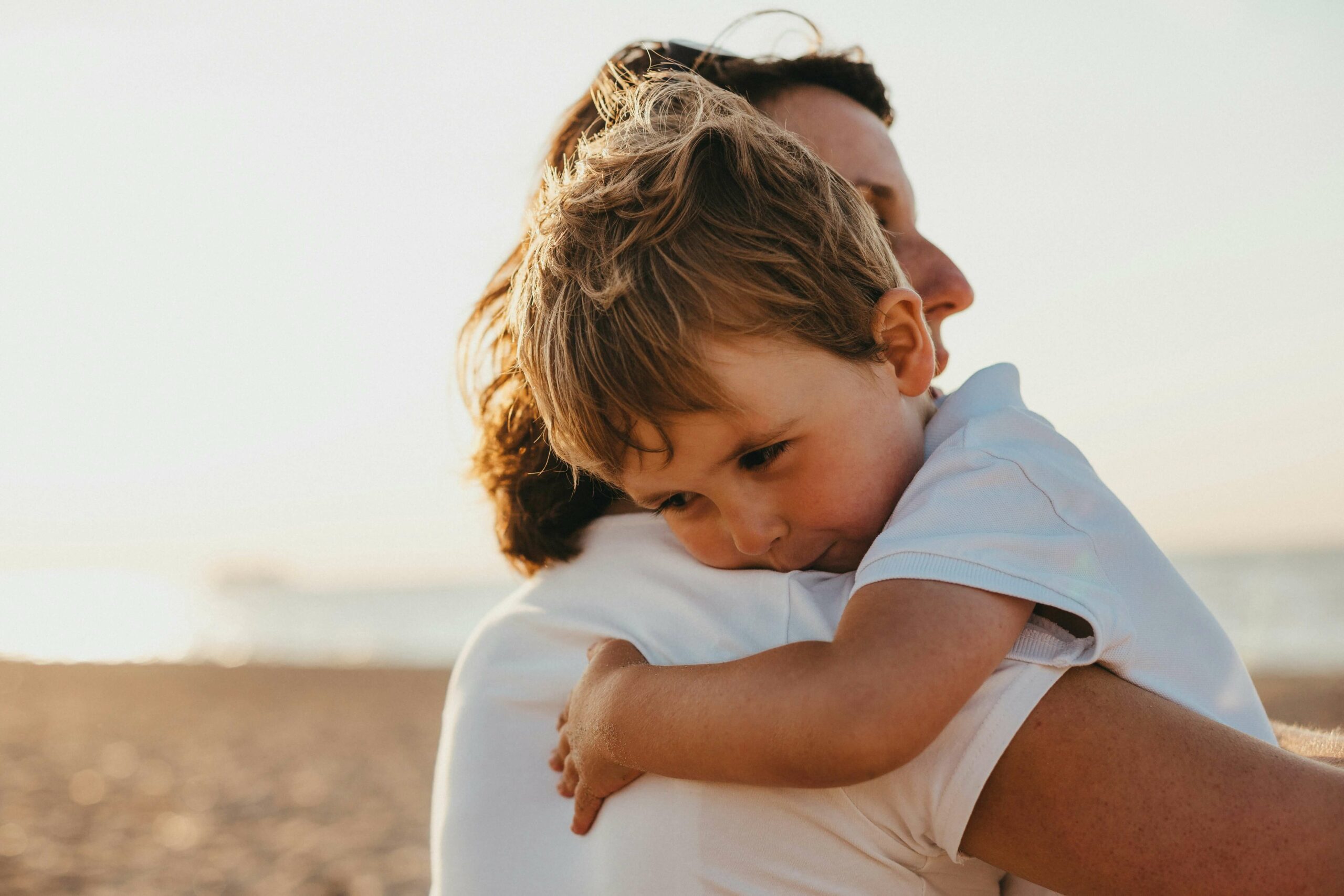It's common for kids to have a fever occasionally. Generally, a fever is not harmful or negative for children. In fact, it can be beneficial as it aids the immune system in battling infections. However, parents may be uncertain about how to manage a fever at home and when to contact a doctor.
Tips On Taking Your Child's Temperature
It is important to take your child's temperature when you suspect they may have a fever. However, with so many thermometer options available, it can be confusing to choose the right one. There are different types of thermometers, including standard oral thermometers and temporal artery scanners.
Infants and Young Children
For infants and young children, the most accurate method is to use a rectal thermometer. However, if you are uncomfortable with this method, you can use any thermometer that you feel comfortable with.
Older Children
For older children, an oral temperature is the most accurate method, as long as the child is able to tolerate it.
Remember to follow the instructions that come with the thermometer to ensure accurate readings.
What’s Considered a Fever?
It's important to know what's considered a fever. A "normal" body temperature is around 37 degrees Celsius. However, if your child's temperature goes slightly above this, it's not necessarily a cause for alarm as everyone's temperature can vary throughout the day. Additionally, age, activity level, and other factors can affect body temperature. It's important to note that the type of thermometer used can affect what is considered a fever for your child, as different thermometers have varying levels of accuracy.
What Causes Fever?
Fever or high temperature in children is usually caused by an infection. The body raises its temperature to fight off the infection, and doctors believe that this higher temperature makes it more difficult for germs to grow. However, there are a few other reasons why kids can get a fever.
Fever in Infants
Infants, especially newborns, may get fevers if they are overdressed, wrapped in a blanket, or in a hot environment, as they don't regulate their body temperature as well as older children. It is important to note that fevers in newborns can be a sign of a serious infection, so even if they are overdressed, they must be checked by a doctor if they have a fever.
Other Causes of Fever
Additionally, babies and children may sometimes get a mild fever that lasts about a day after being vaccinated. While a child who is teething might have a slight increase in body temperature, it's probably not the cause if the temperature is higher than 37.8°C.
When is a Fever a Sign of Something Serious?
In most healthy children who are behaving normally, a fever is not a serious issue. However, for some children, a fever can be a serious problem.
If an infant younger than 3 months has a rectal temperature of 38°C or higher, it is important to seek medical attention from your doctor or go to the emergency department right away.
For children with some health conditions, if you are unsure about whether to call the doctor for a fever, make sure you have the necessary information from your doctor.
Recognising Less Serious Fevers
If your child is 3 months or older and still shows interest in playing, is well hydrated, alert, smiling, has normal skin colour, and looks good when their temperature drops down, then the fever is probably not serious.
If your child has a fever but is not eating as much as usual, do not worry too much about it. This is common with infections that cause fever. It is okay for kids who still drink and urinate normally but don't eat as much as usual during a fever.
What Are the Signs of a Fever (High Temperature)?
Children who have a fever may exhibit the following symptoms:
- Feeling warm
- Acting differently (such as becoming fussy, cranky, or quieter than usual)
- Breathing a little faster or having a faster heart rate than normal
- Experiencing a headache
- Having chills or sweating
- Developing red or flushed skin.
Treating a Fever (High Temperature): How Can I Help My Child Feel Better?
If a child is still playing, drinking normally, and not experiencing any pain, then treatment is not necessary. Similarly, administering medicine to treat a fever is not required if a child is still able to play, drink normally, and is not in pain. Only give medicine if the fever is causing discomfort or preventing the child from drinking. It is important to monitor kids with a fever, encourage them to rest, and ensure they are drinking enough fluids. They should drink a little extra to replenish the fluids lost due to sweating.
When Should I Call the Doctor?
Knowing when to call the doctor for a fever depends on the child's age, the illness, and other symptoms. It's a good idea to ask your doctor if they have specific guidelines for when to call about a fever. In general, you should call the doctor if your child is:
- Younger than 3 months old and has a rectal temperature of 38°C or higher.
- 3 months or older and has a temperature higher than 39°C.
- Any age who has a health problem like cancer or sickle cell disease and has a fever.


 71–75 Shelton Street, Covent Garden, London, WC2H 9JQ
71–75 Shelton Street, Covent Garden, London, WC2H 9JQ +44 (0) 20 3376 1032
+44 (0) 20 3376 1032



